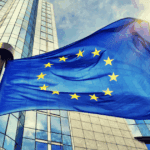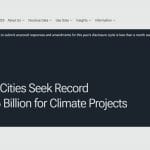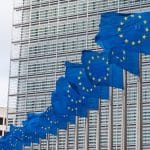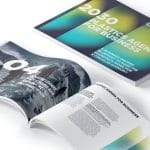Morningstar Simplifies ESG Investing with New Investable World
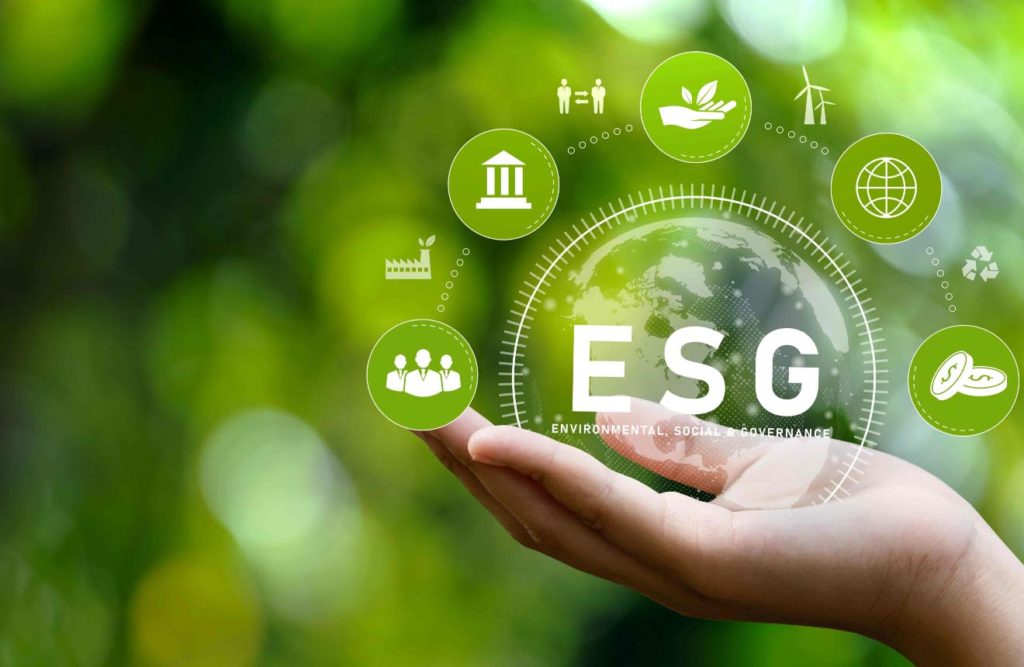
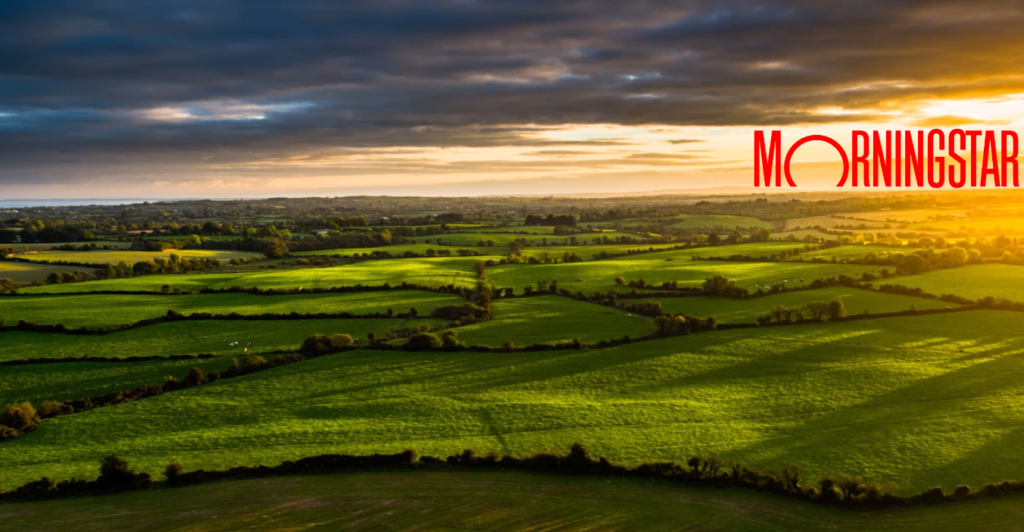
- New data visualization tool designed to make sustainable investing more understandable, engaging and actionable.
- Empowers investors to make choices that align with their own definition of success.
- Differing motivations warrant different investing approaches.
Morningstar, Inc., a leading independent investment research provider, has launched Investable World, a data-driven digital experience designed to make sustainable investing more understandable, engaging and actionable for investors. Investable World allows investors to explore plainspoken themes—water, food, energy, health, and community—and weigh opportunities and trade-offs across varying investment approaches, from hedging against risk to prioritizing sustainable outcomes.
In addition to a wealth of research-driven education using investment examples across these easily understood themes, the digital experience includes a free, interactive data visualization tool that allows investors to filter a universe of more than 750 thematic funds globally across water, food, energy, health, and community themes according to their chosen intersecting variables of maturity, performance, risk, and sustainable impact.
“Investors have differing preferences around sustainable investing, but their interest in the topic is undeniably mainstream. They’re talking about it with family, colleagues, and financial advisors,” said Morningstar CEO Kunal Kapoor. “Today’s definition of what’s considered uniquely ‘investable’ for each person varies by the investor’s goals and conviction across three dimensions: performance, risk, and sustainable impact. Investable World brings transparency and accessibility to investors, empowering them to make choices that align with success on their own terms.”
See related article: SS&C Announces Collaboration with Morningstar Sustainalytics to Expand Access to ESG Research, Data, and Analytics
Sustainable Investing is Not ‘One Size Fits All’
Investable World recognizes that investors’ differing motivations and degrees of conviction warrant different investing approaches, each with a unique blend of opportunities and trade-offs. The initiative builds on Morningstar and its affiliate’s research across asset classes, as well as its ESG Risk Ratings and Impact Metrics. ESG Risk Ratings evaluate a company’s exposure to and management of ESG risks, and Impact Metrics measure a company’s revenues tied to activities across five impact themes – climate action, healthy ecosystems, resource security, basic needs, and human development – in alignment with the United Nations Sustainable Development Goals (SDGs).
The Investable World data visualization tool allows investors to quickly see if a strategy targeting a specific sustainable theme has a portfolio that actively contributes to positive change in line with that motivation, as well as whether it avoids unwanted risks, for example. It assists investors who approach ESG topics in different ways: one investor may seek to avoid investments involved in genetically modified crops in favor of biodiversity, while another may emphasize GMO crops in sustainability-themed investments as a tool to simultaneously reduce water dependency and feed a growing population.
Hidden Risks of Feel-Good Companies
In a new research analysis published today on the Investable World experience, Adam Fleck, director of ESG equity research at Morningstar, reveals risk-related trade-offs facing investors looking to prioritize their investments with companies aligned to positive societal change. A company whose revenue is well-aligned with the U.N. SDGs does not preclude it from facing ESG risks in other areas or guarantee its long-term competitive advantage. Fleck finds:
- Only a limited number of companies have commercial activities aligned to sustainable impact. Only 1,329 of the more than 12,000 companies in Morningstar’s ratings universe are estimated to have revenue exposure to any of Morningstar’s Impact Themes, and about a third of those (449) have more than 50% of their revenue aligned to one or more impact themes, though the number of aligned companies varies by theme.
| Climate Action | Human Development | Resource Security | Basic Needs | Healthy Ecosystems | |
| >50% of Revenue | 300 | 5 | 258 | 117 | 25 |
| Total Rated Universe | 852 | 36 | 741 | 336 | 136 |
- Sustainable impact and ESG risk are fundamentally different considerations. Morningstar covers 74 of the companies with at least 50% revenue alignment, and over half of them (43) carry a high or medium ESG Risk Rating. A company, such as Tesla Inc. or Eli Lilly and Company, whose revenues are well-aligned with sustainable impact activities, may carry substantial risk in other ESG areas.
- Companies with revenues aligned to sustainable impact do not always hold a durable competitive advantage . Fewer such companies are assigned an economic moat (51%) than across Morningstar’s equity coverage as a whole (61%). Even in areas that carry both low ESG risk and alignment to sustainable impact, such as the renewables sector, other factors such as low barriers to entry often dissuade Morningstar analysts from assigning those firms moats.
Funds Face Similar Sustainability Trade-Offs, Too
Managed investments reflect performance, maturity, risk, and sustainable impact in different ways, too. An analysis of 759 thematic funds globally focused on water, food, energy, health, and community in Investable World’s daily-updated data visualization tool found that, as of August 18, 2022, only 33% of these funds earn an Above Average or High Morningstar Sustainability Rating (excluding the 158 funds which are not eligible for a Morningstar Sustainability Rating).
Additional findings include:
- While 500 of these funds have some level of exposure to climate action, 86 funds have more than 50% of assets invested in companies aligned to climate action.
- On an asset-weighted basis, average expense ratios are higher for food (1.26%) and community funds (1.02%) than for health (0.86%) and energy funds (0.91%), though a minority of energy funds have noticeably high fees. United States funds are cheaper than international equivalents, which represent 67% of the thematic funds analyzed. This calculation references the net expense ratio for a fund’s oldest share class.
- Only 31 of the thematic funds in question landed in the value section of the Morningstar Style Box, and none of those funds invested in small caps. This represents an additional constraint on sustainable investability, as investors may struggle to fill out a diversified portfolio.
Investable World will be showcased at the upcoming Future Proof Conference in Huntington Beach, California, from Sept. 11 – 14, 2022. Conference attendees can visit the Investable World booth to interact with and get to know their Investable World. Investable World insights will also continue throughout the year, including during Climate Week NYC, Sept. 19 – 25, 2022, and the U.N. Climate Change Conference 2022, Nov. 7 – 18, 2022. Explore Investable World here .
Source: Morningstar


